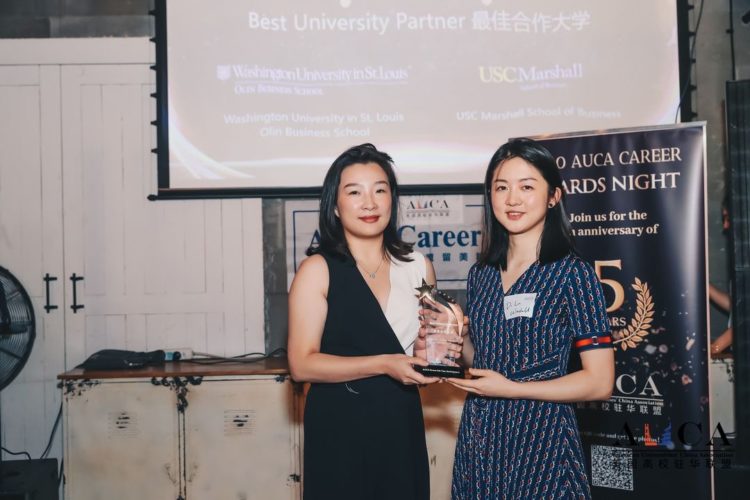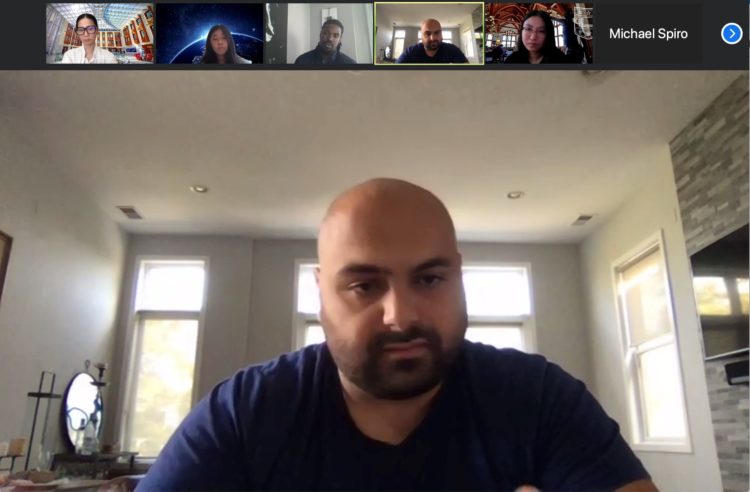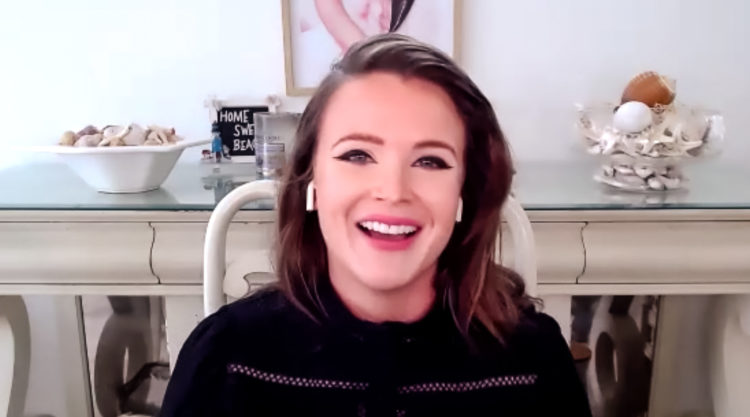Learning is a lifelong journey, even after your campus life is behind you. We say, “Once Olin, always Olin.” And we mean it.
Lifelong Learning at WashU Olin provides all sorts of resources—through articles, multimedia content and engaging community discussions—for alumni to continue growing personally and professionally throughout their careers.
Lifelong Learning at Olin is about more than the content that the school creates and delivers to alumni. It’s about the community of Olin graduates who connect and engage with one another, sharing their perspectives and expertise on the most critical issues facing modern businesses. Lifelong Learning is at once a venue for learning personally and a medium for learning collectively, through interactive discussions with others in the Olin community.
Use your WUSTL Key for access
Here’s how to get started:
- Visit learn.WashU.online and log in using your WUSTL Key.
- If you need assistance with logging in, accessing your WUSTL Key or resetting your password, click the “help me sign in” button at the bottom of the learn.WashU login page.
- Once you’re in, click “places” on the left menu.
- Then go to Lifelong Learning.
Lamar Pierce, professor of organization and strategy, directs the program in conjunction with Olin’s Center for Digital Education, led by Ray Irving. Andrew Knight, professor of organizational behavior, preceded Pierce in his role.
“The worlds of business and policy are continuously evolving, and so too must the knowledge we use to navigate them,” Pierce said. “Lifelong learning is about helping our alumni continue to be leaders in their careers and in their communities.”
What’s waiting for you
If you want to access all the content from the homepage, scroll down “Discover More” and click on the “Search & Explore” box at the bottom. Here are some examples of what you’ll find:
Olin videos to bring you up to speed on important topics. Watch for videos on topics like launching a startup, honing your influence skills and leading a family business.
Webinars. Faculty members are periodically leading synchronous webinars on a variety of subjects, such as detecting mistruths in presentations of statistics, the basics of machine learning and mindfulness in the workplace.
Articles on numerous business topics and articles that highlight how Olin faculty research impacts business.
Mini cases. This interactive content—in which you engage with a mini case—harkens back to your days on campus. You will reflect on a business problem, choose a course of action and learn what direction others recommended.
Recorded events. We’re capturing many of the speaking events at Olin and across the country. Our library of livestream events covers topics including innovation in healthcare, learning from failure, data responsibility and entrepreneurship.
We hope you join us in the journey.






